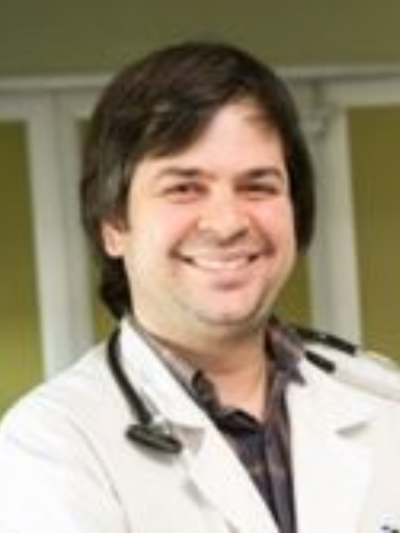Rui Miguel Baptista

Rui Baptista, MD PhD is a curiosity-driven, Board-certified junior consultant in cardiology working in a large, university hospital in Coimbra, who graduated from University of Lisbon before heading to Coimbra in 2007 for his Cardiology residency.
His clinical interests include the management of advanced heart failure and pulmonary arterial hypertension.
His research is focused on understanding the molecular mechanisms behind pulmonary arterial hypertension and left ventricular dysfunction-associated pulmonary hypertension.
He is also a teaching assistant of Cardiology of the Faculty of Medicine of the University of Coimbra and is pursuing a PhD on translational science.
Due to my interest in heart failure, I have won two scientific grants from the Portuguese Society of Cardiology and the Portuguese Science and Technology Foundation.
They provided me the extraordinary opportunity to visit two heart failure centers abroad.
I have spent a 3-month period at the Pulmonary Hypertension Unit at Hopital Erasme, in Brussels, in 2012, under the supervision of Prof Jean-Luc Vachièry, and in 2014, thanks to a grant from the Harvard Medical School-Portugal Program, to visit for one month the Advanced Heart Disease Section of the Brigham and Women’s under the supervision of Prof Mandeep Mehra.
He is also member of the 2017–2019 Directive Board of the Portuguese Society of Cardiology.
One of his tasks among the Board is to improve acute heart failure care in Portugal through the dissemination of a hands-on full-day case-based course named “Acute Heart Failure Advanced Life Support - SAVIC”, developed in collaboration with the Brazilian Society of Cardiology and that has trained more than 500 Portuguese physicians.
Additionally, he is also part of the Portuguese Congress of Cardiology Organizing Committee, being responsible for the organization of the Heart Failure and Pulmonary Hypertension-specific scientific program in the next two editions (2018-2019).
Believing that translational science is an excellent way to integrate clinical fellows into the methodological and hypothesis-driven though of fundamental science, he developed my PhD thesis between the hospital and the laboratory, investigating the role of a particular microRNA on right heart failure development and progression; the manuscript was published on Cardiovascular Research.
The interaction with fundamental scientists was very enriching and the management of the animal models with right heart failure was very insightful into the mechanisms of disease progression and reversion.
The PhD supported the development of a newer translational project, focused on the optical coherence tomography assessment of the pulmonary arteries of heart transplant candidates, with a view to identify virtual histology markers of pulmonary vascular disease, that has recently been founded under the European-funded Centro 2020 program.